FAMILY BUSINESS BUILDS NATIONAL REPUTATION

SHREVEPORT- b a s e d Morris & Dickson Co. LLC is the largest independent pharmaceutical distributor in the country. Morris & Dickson dates to 1841, making it the oldest familyrun mercantile business in Louisiana, trailing Antoine’s restaurant in New Orleans by only one year.
And yet, many in its hometown know little of the wholesaler’s origin, as a Texas Street shopfront selling tonics and extracts, nor its evolution to a major player in the distribution industry. The Dicksons, the family that has run the business since 1899, value grit and gumption more than fame. While earlier generations sought public office – Samuel A. Dickson served two terms as Shreveport mayor – the fourman executive team that guided its recent growth kept a low profile.
Chairman of the Board M. Allen Dickson, who died in 2014, and his sons Mark, Skipper and Paul focused on volume discounts, warehouse efficiencies and pharmacy-specific software to serve their primary customers, independent pharmacists. Under their collective leadership, Morris & Dickson broke into the Top 10 list of pharmaceutical distributors in 2011. Only three companies outpace it today, and they are publicly owned conglomerates with dozens of warehouses across the country.
At 175 years and counting, Morris & Dickson Co., led by Paul as president and Skipper as chairman of the board, operates out of headquarters on Kay Lane near LSU Shreveport and a single warehouse at the Port of Shreveport- Bossier. It delivers medications and drugstore supplies overnight to 14 states, from New Mexico east to Georgia and from Mississippi north to Kentucky and Illinois. Mark heads New Tech Computer Systems, the company’s information technology subsidiary. New Tech produces pharmacy systems operating in each of the 50 states.
Morris & Dickson celebrates its 175th anniversary July 15-16 at its annual MAD Days of Summer trade show. Also that weekend: release of “Morris & Dickson Co. Since 1841: The Story of an Enduring Family Business,” a comprehensive history of the company based on courthouse records, archival material and dozens of interviews with the Dicksons and employees.
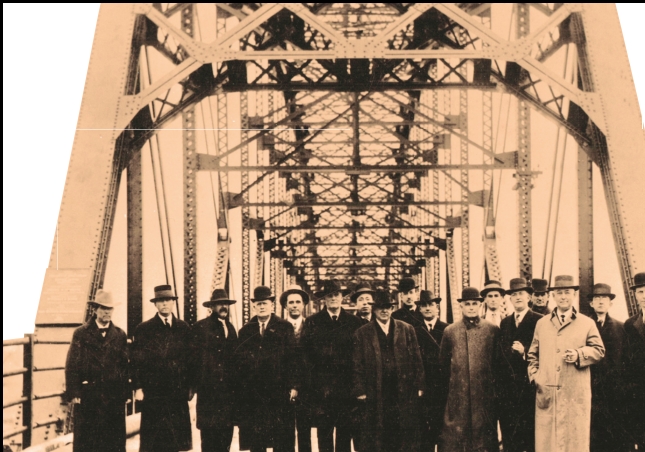
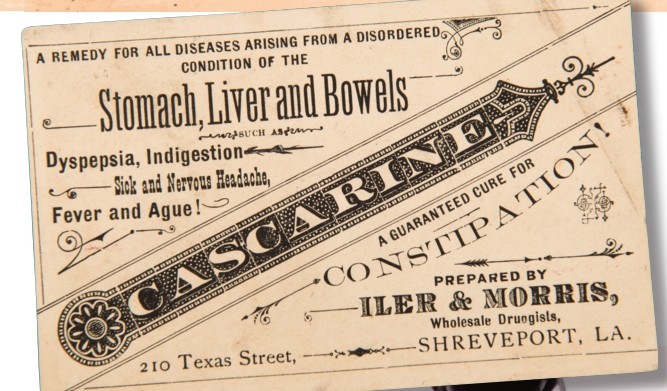
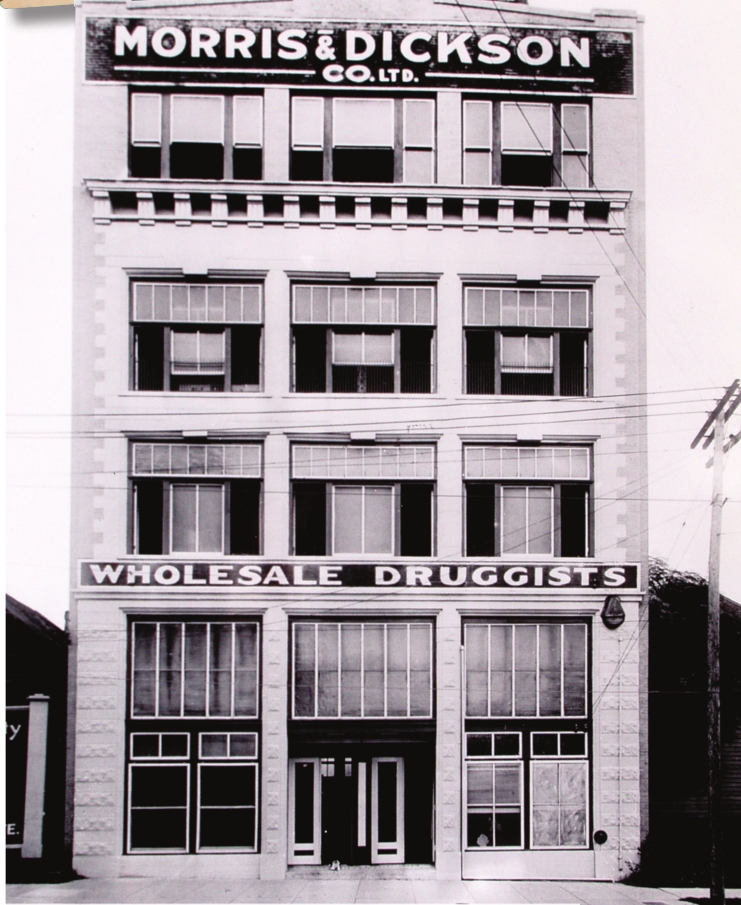
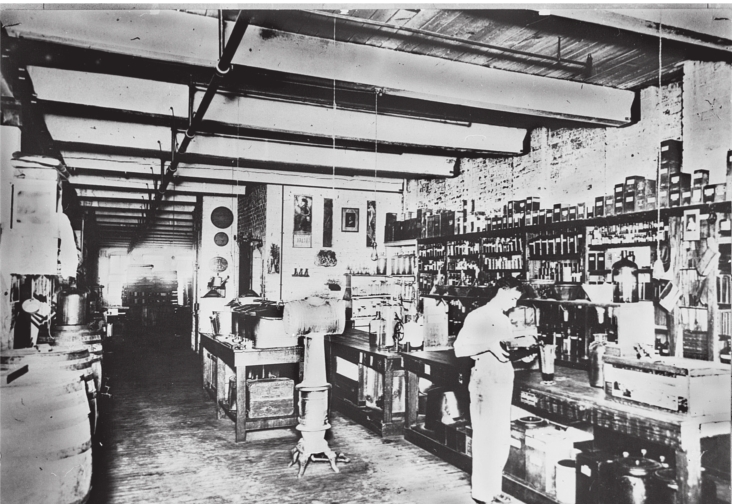
Many
of those interviewed for the book were hired before 1984, when the
company left downtown and relocated to south Shreveport. Dicksons value
the wisdom and loyalty of older employees and allow them to work at
their own pace well past traditional retirement age. J. D. “Johnny”
Flores, a key player in the company’s 1970s adoption of data processing,
signed on in 1941. He put in about 90 minutes of work a day at Kay Lane
until shortly before his death in November 2015 at age 91. “The No. 1
thing I learned from my father,” Skipper, president from 1995 to 2014,
said, “is that you have to care about the people you work with, and if
you do care about them, they will perform. Secondly, you have to focus
on your customers.”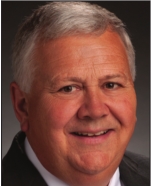
“Since 1841” presents an in-depth case study of a family business that has evolved with its industry, triumphed over tragedy and prospered over a remarkable span of time. Four of its chief executives died in office. Fire ravaged the business twice in the 1800s. A tornado 20 years ago ripped the roof off the administration building, the nerve center for every piece of IT equipment the company had in a four-state area. Employees and a local construction team threw up tarps and a temporary roof, and the company was up and running the next morning.
Initiative and teamwork are ingrained in the company culture. “In a crisis you don’t have time to stop and ask. The system already has to be in place,” Paul said. “Everybody has to have a team concept, a clear vision of the company’s character.” In 2005, Morris & Dickson proved its mettle once again, delivering medical supplies to Gulf Coast hospitals in the final hours before Hurricane Katrina arrived and within hours after she left. “It’s how we differentiate ourselves in service, how we respond in crisis,” he said.
“All
business leaders can learn from enterprising families like the Dicksons
how to adapt an organization to industry change without going against
core values,” writes Harvard Professor John A. Davis in the book’s
foreword. As founder of the Cambridge Institute for Family Enterprise,
Davis studies the characteristics of successful family businesses. To
survive and thrive, he says, companies need clever, adaptive leaders and
the ability to move in and out of various lines of business.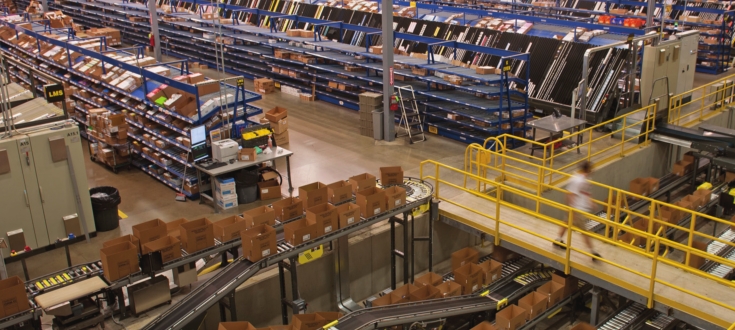
In the case of the company that became Morris & Dickson, that meant moving from retail to wholesale; selling the wholesale assets at the depth of the Depression and building a retail chain from the IOUs of its former customers; developing a beverage business after repeal of Prohibition; then shedding both divisions and returning full force to wholesale. It also meant developing home-grown technology and championing the cause of the independent pharmacy. Like Morris & Dickson, many of its customers are closely held family businesses refusing to sell out to “big box” competitors.
The
company first received goods by steamboat from New Orleans. Welsh
émigré John Worthington Morris set up shop in frontier Shreveport as J.
W. Morris & Co. and soon brought younger brother Thomas Henry over
from Wales to join him. In 12 years, J. W. Morris acquired a wife and
children, invested in property on Texas and Travis streets, served as
city tax assessor and Caddo Parish treasurer and helped found
Shreveport’s First Presbyterian Church. Then he died of yellow fever at
the age of 33. A second generation of Morris followed before the first
Dickson bought into the company. In 1905, after a fire and several
relocations, the company settled into a new building on Travis Street,
its home for nearly eight decades.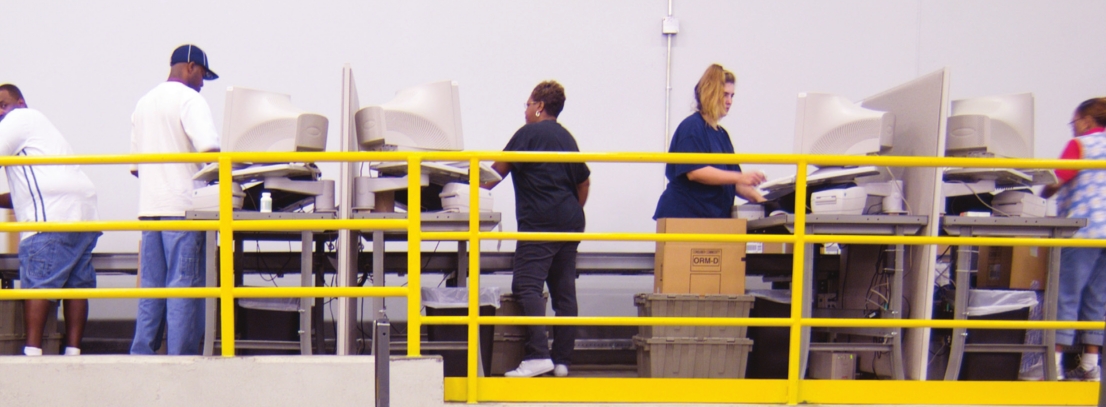
Longtime employees such as Wayne Floyd, Madelynn Strange and Charlie Johns vividly recall the last years downtown, when working conditions proved inadequate to serve their expanding market. At 220 Travis, a manual freight elevator still transported goods, and orders were sent upstairs by dumbwaiter or rope bucket. Trucks loaded in a back alley with no dock. The company expanded to properties next door, connecting two buildings by a conveyor, but needed still more space. Moving to the suburbs unleashed a new era of growth. “The Kay Lane move was absolutely historic,” Skipper said. “It jumped us from the small leagues to the majors.”
At its new
site, the company filled four buildings, adding others as the sales
force boosted the client list with hospital pharmacies and group
purchasing organizations. In 2004, Morris & Dickson invested in a
new warehouse at the Port equipped with sophisticated automation the
envy of its competitors. Workers became even more efficient and achieved
an unparalleled level of accuracy – one error for every 100,000 items
shipped. The time required to move from order to picking, packing and
shipping compressed to a single hour, allowing the company to stretch
farther west, north and east and still deliver goods overnight.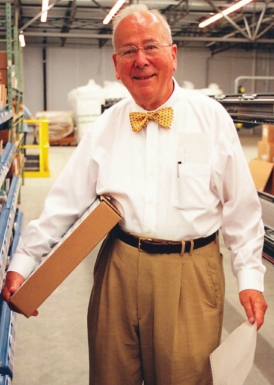
It was a business strategy Skipper honed in postgraduate training at Harvard Business School. By concentrating people, product and resources at one site, Morris & Dickson achieved an economy of scale unprecedented in the industry.
The company’s success owes a great deal to Shreveport’s strategic location. In 1841, the newly minted town was a steamboat port and regional crossroads, its wide main street the wagon route west to Texas. Decades later, railroads and the interstate highway system would open wider opportunities for trade. The company’s fortunes entwined with Shreveport’s, buffeted by civil war and reconstruction, boosted by the oil and gas industry, staggered by debt – its own and its customers – during the Depression. In the 1980s, under the leadership of Allen and sons, the family business that nearly died twice rose to its feet and began to grow like gangbusters.
At age 175, Morris & Dickson thrives on grit, gumption and the loyalty of its extended family.
Independent writer and editor Martha H. Fitzgerald is the author of “Morris & Dickson Co. Since 1841: The Story of an Enduring Family Business.” Fitzgerald, formerly business editor and associate editorial page editor of The Shreveport Times, holds degrees in history from Loyola University-New Orleans and Louisiana Tech University. She is the owner of Martha Fitzgerald Consulting (www.marthafitzgerald.com).
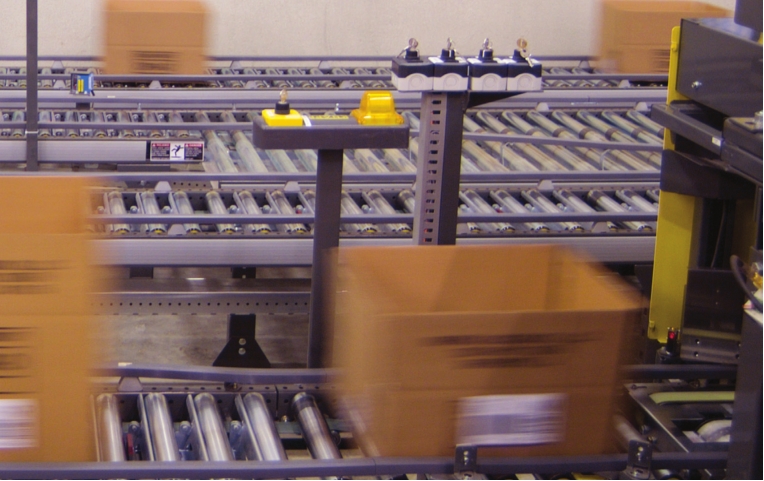
ON THE COVER:
Executive team, 2016: Jacob Dickson, Paul Dickson Jr., Paul Dickson Sr., Mark Dickson, Skipper Dickson, Tripper Dickson. (Photo by Neil Johnson)
